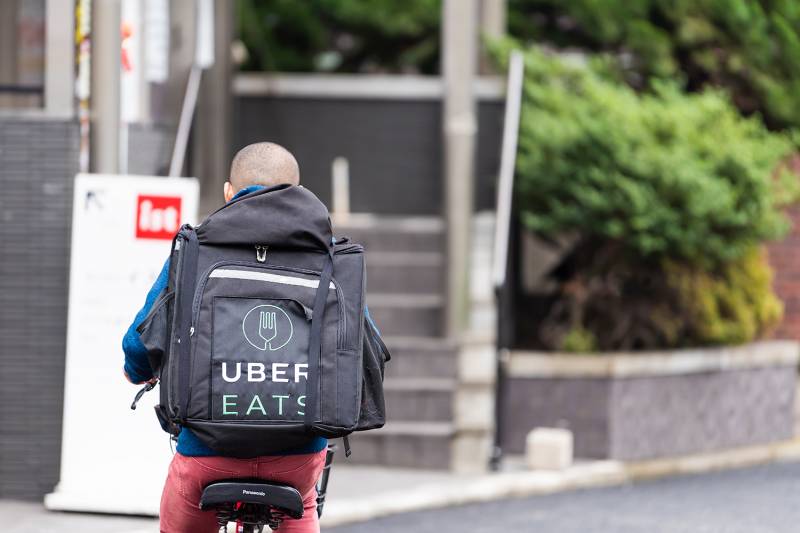
[ad_1]
Seven months into the pandemic, the wildfires have started. For those of us who can afford to stay in, we look from our windows at how dangerous the world outside looks, smells and feels. Our safe isolation is fed by those whose work has been labelled essential—grocery clerks with new disinfecting chores, couriers performing contactless deliveries, farmworkers hastily picking grapes while plumes of gray and white smoke billow above the vineyard.

While food’s essentiality is not debatable, the conditions of the labor that feed the country are more contentious. We’ve arrived at our current food system through a set of historical precedents that provide convenience for some at a steep cost to many others. Starting with the cruel operation of chattel slavery to the contemporary abuses of migrant farmworkers, exploitation is foundational to the business of feeding people in America.
But in an era marked by the promise of innovative technologies, the tech industry has been gravely limited in its imagination to solve for the wellbeing of workers and eaters alike. In fact, it’d be naive to say that the industry is pursuing those solutions at all. Looking at tech’s recent interventions in the food space—in delivery, production and agriculture—it appears that enterprises are employing new interfaces to solve for money, as they always have.

T
he tech industry’s most prominent foray into food, especially in light of COVID-19, is engineering user friendly delivery apps that supply food from existing grocery stores and restaurants. While developers of those user experiences are handsomely compensated, their inventions, and their salaries, rely on a growing gig worker base without employer-provided health insurance or guaranteed living wages. (According to Glassdoor, the average engineer at grocery delivery app Instacart earns $141,349, while a 2019 report showed that delivery workers at the company on average made $7.66 an hour after expenses and payroll taxes.)
[ad_2]
Source link